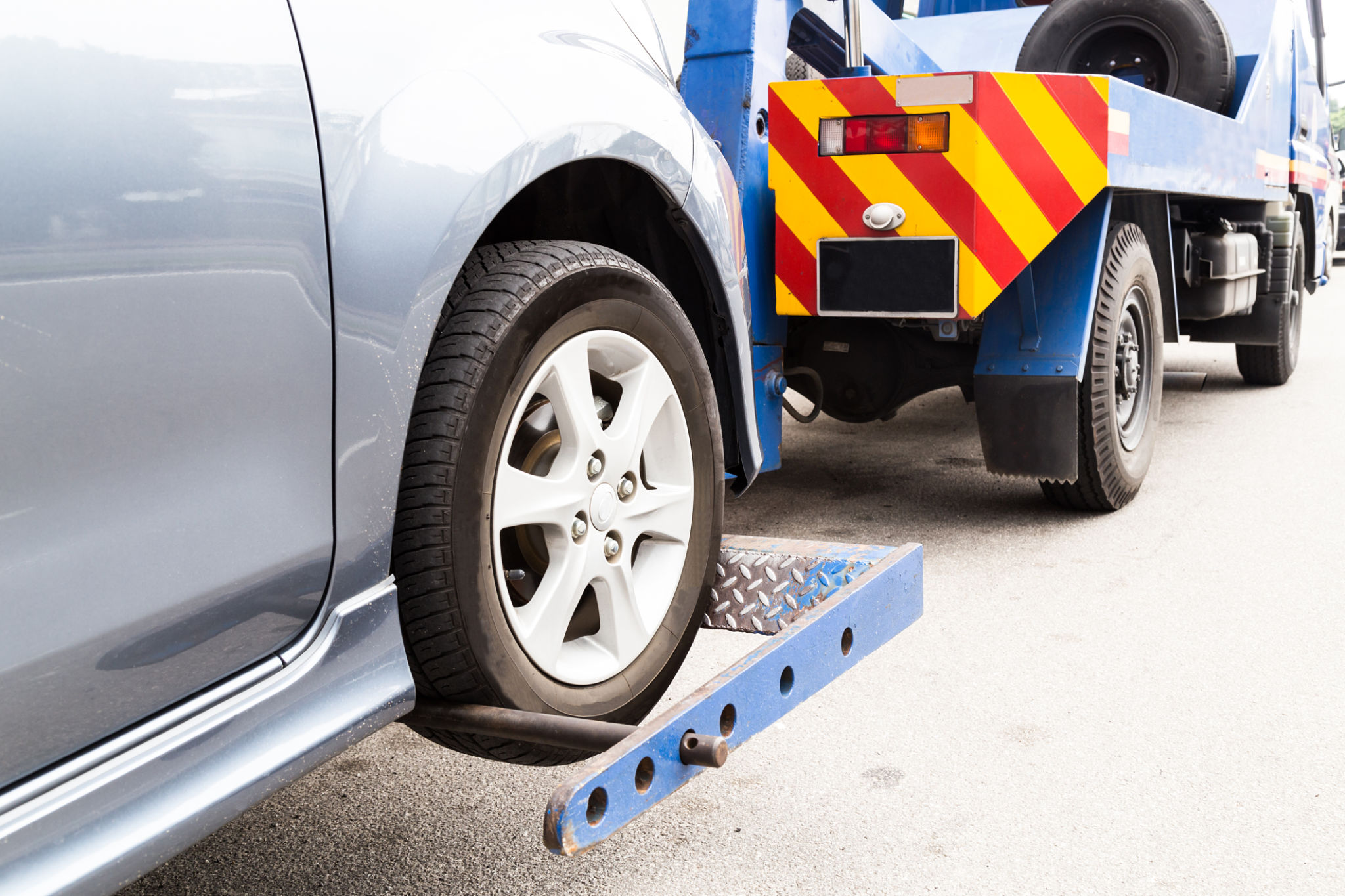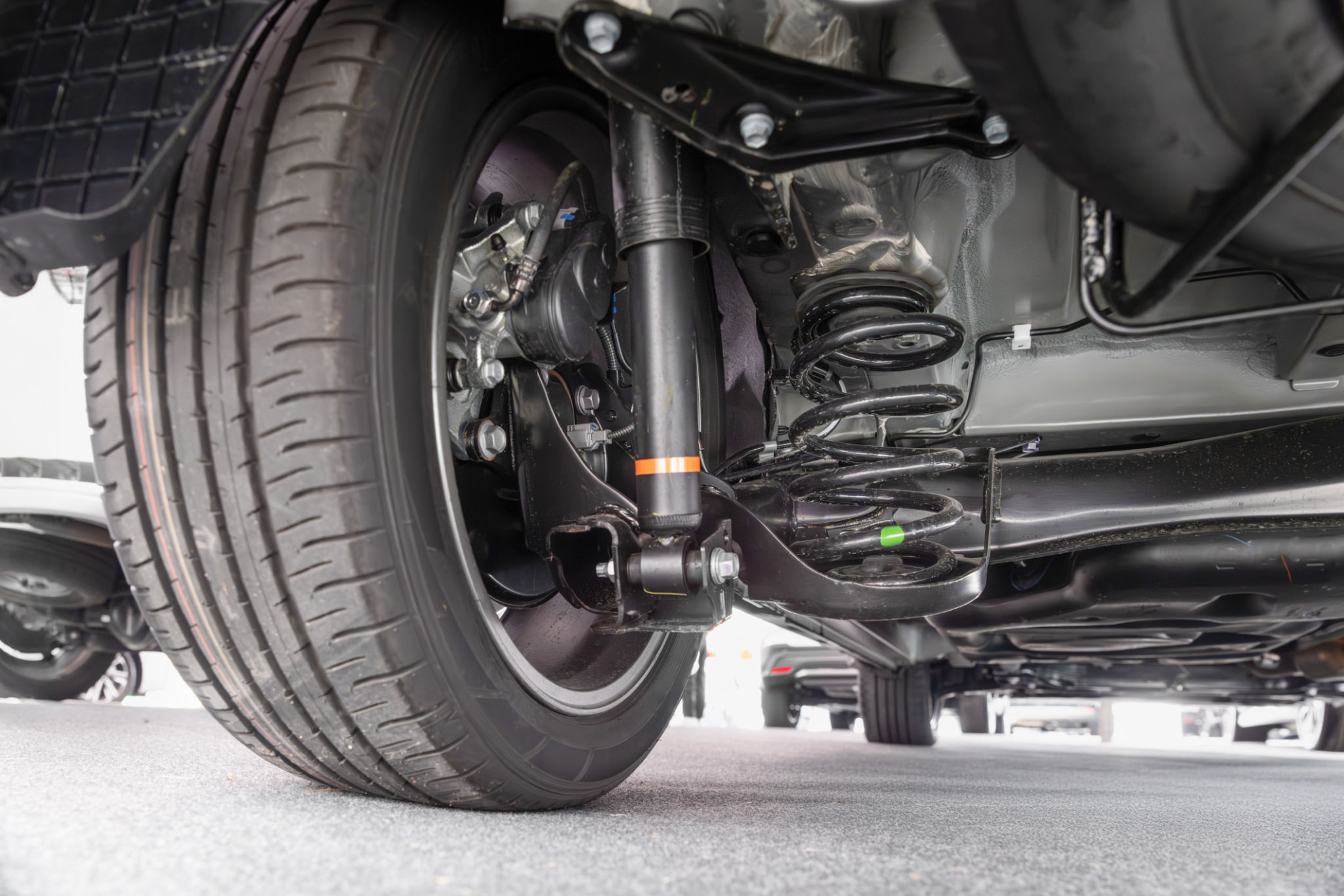Understanding the Different Types of Tow Trucks and Their Uses
Introduction to Tow Trucks
Tow trucks are essential vehicles in the automotive industry, designed to transport disabled, improperly parked, or impounded vehicles. Understanding the different types of tow trucks and their specialized uses can help you determine which type is best suited for your needs. Whether you manage a towing business or find yourself in need of roadside assistance, knowing the options available can be invaluable.

Flatbed Tow Trucks
Flatbed tow trucks, also known as slide or rollback tow trucks, are one of the most versatile types. They feature a long, flat platform that can be hydraulically inclined and moved to ground level. This allows vehicles to be driven or pulled onto the truck bed easily. Flatbeds are ideal for transporting luxury cars, motorcycles, and vehicles with extensive damage.
One of the main advantages of using flatbed tow trucks is that they prevent additional wear and tear on the towed vehicle. Because all four wheels are off the ground during transport, there's less risk of damage. This makes them a popular choice for classic car owners and dealerships.
Hook and Chain Tow Trucks
The hook and chain tow truck is one of the oldest types used in the towing industry. It uses a hook and chain to lift one end of the vehicle off the ground while the other end remains on the road. While effective for moving wrecked vehicles, this type is less common today due to the potential for damage to the vehicle's drivetrain and body.

These trucks are best suited for junk vehicles heading to a scrap yard or for situations where precision is not necessary. Modern tow operators often prefer other types due to the risk of damage associated with hook and chain methods.
Wheel-Lift Tow Trucks
Wheel-lift tow trucks have largely replaced hook and chain trucks due to their more vehicle-friendly design. They use a metal yoke that fits under the front or rear wheels of the car, lifting it off the ground. This method is less likely to cause damage, making it a popular choice for towing regular passenger vehicles.
The wheel-lift mechanism is efficient for short-distance towing and can quickly maneuver in tight spaces. This makes it ideal for urban areas where parking violations are common.

Integrated Tow Trucks
Integrated tow trucks, also known as self-loader or repo trucks, incorporate a combination of features from both wheel-lift and boom tow trucks. They are equipped with intricate controls and equipment that allow operators to quickly position the towing mechanism without leaving the cab. These trucks are often used in repossessions due to their speed and efficiency.
The built-in arm makes it easier to grab vehicles parked in challenging positions, making integrated tow trucks highly versatile for various towing activities.
Boom Tow Trucks
Boom tow trucks are equipped with a winch and a boom that can extend outward. Traditionally used for recovering vehicles from difficult locations such as ditches or embankments, these trucks have been adapted with new technology that allows them to be used in more standard towing situations as well.
The boom can rotate, making it ideal for situations where vehicles are stuck in tight spots. It's an excellent option for recovery operations where precision and strength are required.

Conclusion
Understanding the different types of tow trucks and their specific uses can help you make informed decisions when selecting a towing service or managing a fleet. Each type of tow truck offers unique benefits tailored to specific towing needs. Whether for personal use or professional services, choosing the right tow truck ensures efficiency, safety, and protection for both the vehicle being towed and other road users.